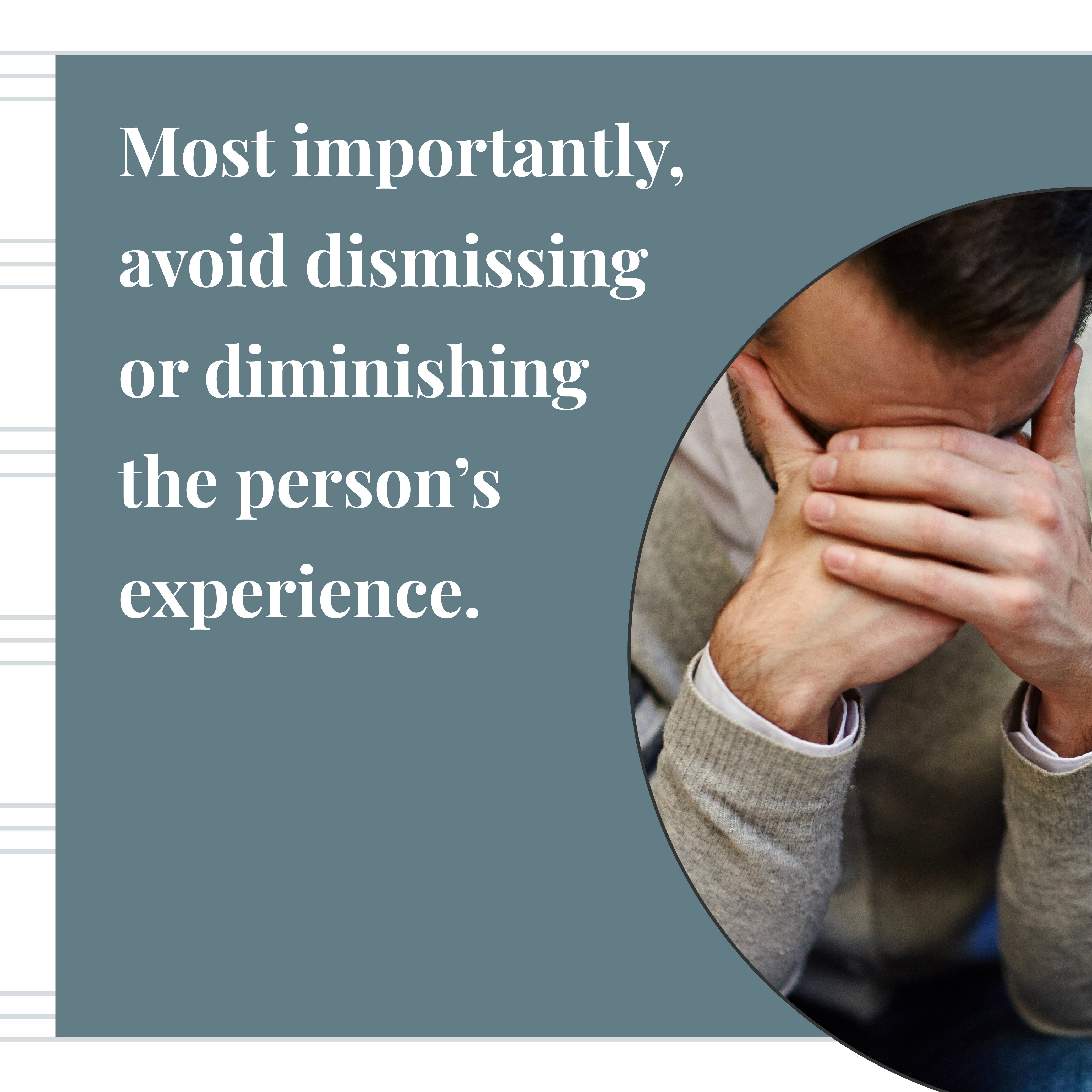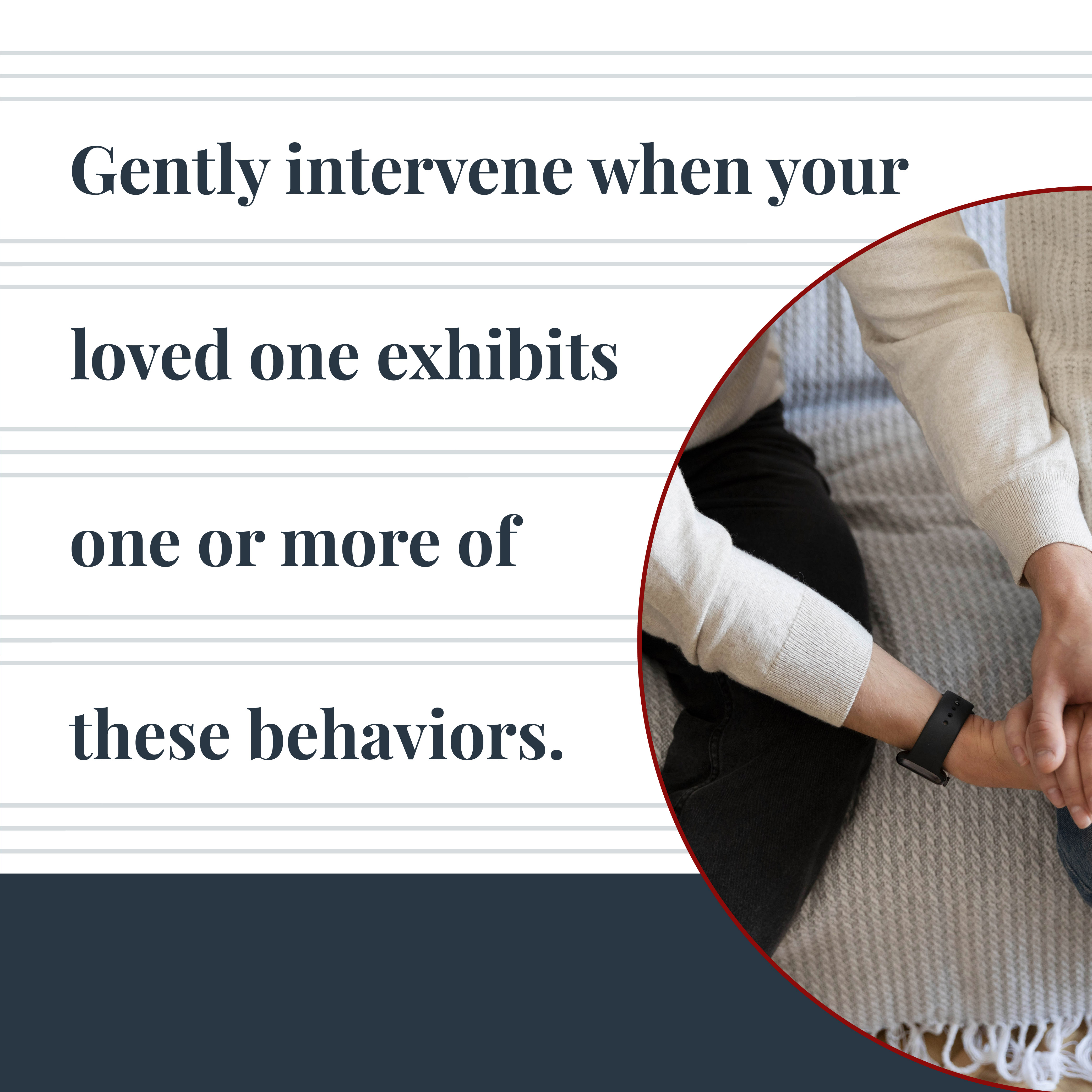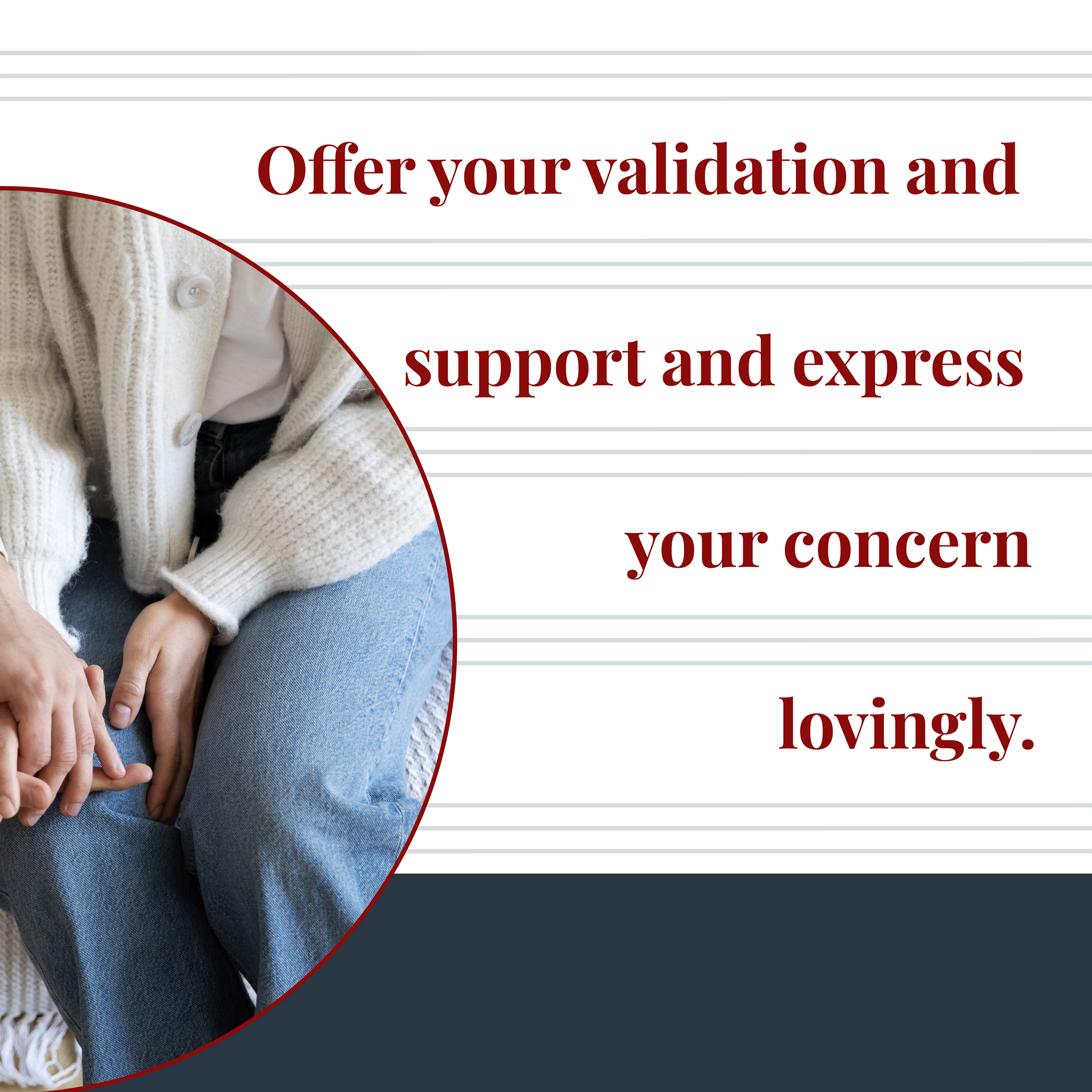How to Cope with Financial Anxiety
Does it seem like more people are stressed about money than ever before? That’s because they are. According to several recent surveys, more than ¾ of adults living in the U.S. feel anxious about money.
What’s worse, many of these adults say their finances are hurting their mental health. If you fall into this group, you may wonder whether financial anxiety is an issue you can overcome. At NPS, we believe there is hope every step of the way.
The first step? Understanding financial anxiety and how it differs from standard money worries. Keep reading to learn more about this condition and the treatments available to you.
What is Financial Anxiety?
Most people stress about finances from time to time. But when do money concerns cross the line into true anxiety? This line in the sand can be hard to draw—which is why many people with financial anxiety don’t get the treatment they need.
Money concerns can be triggered by any number of events. Commonly, people worry about money because they are:
- Recently unemployed
- Struggling to pay off their debts
- Facing an unexpected expense
- Unable to become financially organized
- Rehashing past money mistakes
- Worried about future finances and/or retirement
Whatever the case, financial problems can eventually take a toll on your mental and physical health. When that happens, your worries have transitioned into full-blown anxiety. Here are some concerning symptoms to watch out for:
- Difficulty sleeping
- Inability to think about topics other than money
- Restlessness
- Avoidance of bills, budgets, and/or financial conversations
- Difficulty making decisions
- Lightheadedness or dizziness
- Headaches and/or backaches
- Other aches and pains
Anxiety is known to affect physical health in a range of ways. Heart problems, ulcers, diabetes, and other concerning conditions have a proven link to anxiety. And that’s not to mention the interpersonal toll of financial anxiety. Over time, you may find it difficult to connect with your loved ones and attend social events.
Don’t let financial anxiety take control of your life. If your symptoms have begun to feel unmanageable, it’s time to seek treatment.
How Can I Manage My Financial Anxiety?
Left unchecked, financial anxiety can lead to poor physical and social outcomes, as we mentioned. It can also lead to unhealthy coping mechanisms, such as substance abuse, stress eating, gambling, and other concerning habits.
If you find yourself settling into unhealthy coping mechanisms, know that it is never too late to turn a negative mental health situation around. And when it comes to money worries or financial anxiety, you are not alone. Millions of people are experiencing the same burden. Hope is not lost.
To take control of your financial anxiety from home, we recommend you:
- Identify the source (or trigger) of your anxiety
- Seek financial advice from an advisor
- Redirect your negative thoughts when they occur
- Create and stick to a daily routine
- Stay physically active
- Avoid excessive alcohol consumption
Taking care of yourself and your mental health is essential for overcoming any kind of anxiety. But if these tactics aren’t helping you overcome your symptoms entirely, it may be time to ask for support.
Should I Seek Treatment for Financial Anxiety?
Because everyone experiences feelings of anxiety, it can be easy to downplay your condition. But if you are feeling trapped by your symptoms, seeking professional treatment and guidance can help you regain control. We recommend counseling when financial anxiety begins to:
- Isolate you from your friends and family
- Keep you from activities you previously enjoyed
- Affect your ability to focus on daily tasks
- Cause disruptions to your sleep schedule
- Bring up feelings of worthlessness or self-loathing
Additionally, any physical side effects of anxiety should be taken seriously. Seeking help is not a sign of weakness. Rather, it’s an indication of strength. If you are ready to find freedom from financial anxiety, please call our office to schedule a counseling session.
What Are My Treatment Options?
Financial anxiety can occur on its own or in conjunction with other mental health disorders, like:
- Panic disorder
- Generalized anxiety disorder
- Post-traumatic stress disorder
- Depression
Treatments for these disorders include Cognitive Behavioral Therapy, group and/or family counseling, individual counseling, and more. In some cases, medication, like sleep aids or antidepressants, may be necessary.
However, at NPS, we always strive to treat clients through natural means when possible. Our goal is to heal the core issues you suffer from, rather than just soothe your symptoms. Ask about any of our alternative treatments. We offer neurofeedback therapy, mindful meditation, Brain-Gut Axis intervention, and more.
Call NPS to Learn More
Left untreated, financial anxiety can impact your physical, social, and mental health. Counseling has proven effective in treating and alleviating the symptoms of financial anxiety. If you are ready to speak one-on-one with a trained counselor, please give us a call. We will happily arrange a free 15-minute meet and greet to ensure we match you with the right counselor.
You can reach our Crystal Lake office at (815) 477-4727 or by visiting the contact page. We look forward to speaking with you soon.
Are you ready to take the next step?
CONTACT US AND SCHEDULE YOUR FIRST APPOINTMENT TODAY.










